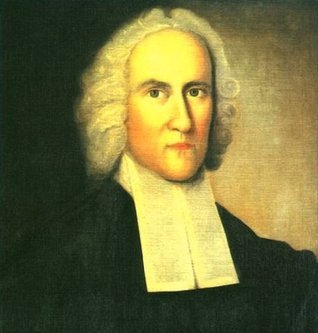What do you think?
Rate this book


118 pages, Kindle Edition
First published January 1, 1765
In the creature’s knowing, esteeming, loving, rejoicing in, and praising God, the glory of God is both exhibited and acknowledged; his fullness is received and returned…[Like the sun, the glory of God] shines upon and into the creature, and is reflected back to the luminary. The beams of glory come from God, are something of God, and are refunded back again to their original. So that the whole is of God, and in God, and to God; and He is the beginning, and the middle, and the end.
God’s respect to the creature’s good, and His respect to Himself, is not a divided respect; but both are united in one, as the happiness of the creature aimed at is happiness in union with Himself.
I am going to provide several conclusions about this issue [why God created the world] using only reason... there are many disputes and arguments about why God made the world, and people often argue against what I think the Scriptures clearly teach on this issue They base their arguments on what they call the dictates of reason, which is merely a pretend version of reason. Therefore, to provide an answer to these critics, I will discuss some observations related to what seems rational about this matter (41).
From the realm of reason, we've seen that if it's possible for God to be his own ultimate end in the creation of the world, then he is morally obligated to do so—his nature would require it. Nothing is more intrinsically valuable than God, and he knows it. His holy nature compels him to cherish most highly the most valuable thing in existence, which is himself. Logic also informs us that God values the expression of his perfect attributes just as much as he values possessing those attributes. (64)
These singing angels [who sang "Glory to God in the highest" (Luke 2:14a)] knew what they were singing about. They understood the ultimate end God had in mind for bringing his Son into the world. On the occasion of Jesus' birth, their minds would have, no doubt, rejoiced mostly in what was most valuable and glorious in the sending and coming of Christ.... Another place where the glory of the Father and Son is spoken up as the end of the work of redemption is Philippians 2:6-11.... Scripture is abundantly clear in teaching that the glory of God is the ultimate end of the work of redemption [because] the whole universe is subject to Jesus Christ, all of heaven and earth, all angels and men—everything is subordinator to Christ, who carries out his kingly office. And everything that was put under him was placed there for a purpose, namely, that he might order all things in such a way that they fulfill his Father's great design for redemption, which is to bring glory to God." (162)